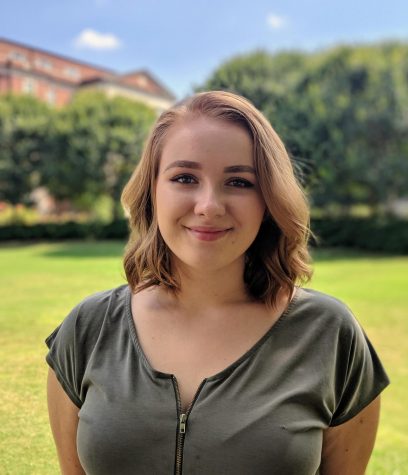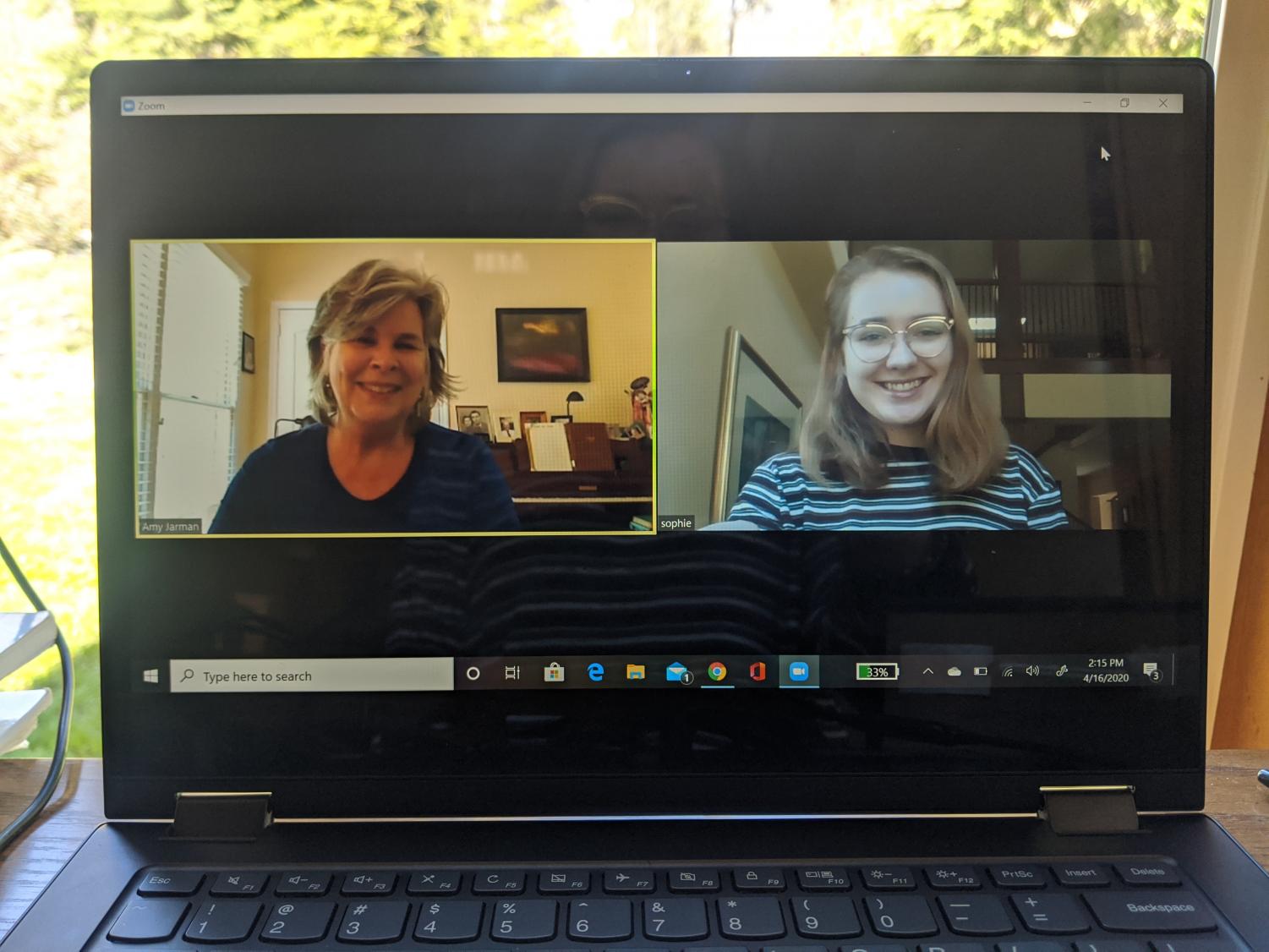
It’s been a little over a month since Vanderbilt students were told to leave campus if they can, and resume the rest of their semester online. Athletes were forced to end their seasons early, science labs are no longer as interactive and every student is being taught through a screen. This is not ideal for anyone, but it’s what had to be done.
Blair has had a particularly tough adjustment to online learning because roughly half of students’ classes are performance based. Many of these classes are collaborative and require physical interaction in order to be successful. These courses also heavily rely on the analysis of sound quality, something which simply cannot be achieved to the same degree (or even at all) online. Some of the classes being affected by this include ensembles (large and small), private lessons, keyboard classes, studio and performance classes, as well as additional elective music courses such as the Steel Drum Ensemble and Jazz Choir.
While all classes are affected by the shift to online learning, performance classes have been incredibly altered, and in some cases cancelled completely. For instance, my personal voice lessons have been through Zoom, which does not have the best sound quality. Therefore, teaching technique has been difficult because it is harder for professors to discern tone quality, resonance, tongue placement, diction, etc. My teacher, Professor Amy Jarman, has been able to make the most of it, encouraging us to use the app Collabra, a video-based practice platform, to gain more detailed instruction. This app is helpful because it allows teachers to comment at specific points in a recorded performance. The sound quality is more discernible in comparison to live video platforms like Zoom. However, it is not comparable to the acoustics of an in-person teaching experience.
Regular, COVID-19-free technique lessons are incredibly interactive. My teacher often uses touch to help engage my body and mind to achieve optimal performance. One of my favorite examples of this is when she smacks her hand onto my, or anyone else’s, forehead (non-violently of course) in order to guide me to point my resonance to that space. This may not make sense to everyone, however it truly works. Without this interaction it is much harder to achieve the same results.
While one-one-one classes have continued online, many of the other group performance classes at Blair were cancelled once students started to leave campus. Large ensemble classes such as Choir, Orchestra and Wind Symphony have no way of continuing online. Instead, some of these classes have become writing-based, with students completing reflective essays to replace performance learning.
Other performance classes that have been cancelled or severely altered include Studio and Voice Performance Class. In Studio Class, students who study with a certain teacher typically meet and perform for one another to gain feedback from their peers and teacher. Voice Performance Class includes all vocal students and creates a masterclass setting wherein they can perform in a formal manner for their peers and receive feedback from a voice faculty member other than their own private teacher. Essentially, both have been cancelled.
Because we missed seeing one another, my studio class and professor collectively decided to simply meet once a week to catch up. We recently began reviewing operas together as an additional discussion option. While this is fun for all of us, the true intention of the class is to provide additional performance opportunities for students, a luxury we no longer have in these circumstances. Performing virtually is possible, yet not ideal because voice majors almost always perform with a pianist. It is a group effort which is difficult to achieve at home through computers. Other Blair departments have continued studio class online, however due to the sound deficiencies of such platforms, there have been issues with instrumental Blair students as well.
Blair non-performance classes (i.e. music theory, musicianship, musiciology, etc.) have been affected in similar ways to classes in Peabody and A&S. Some teachers have chosen to host Zoom lectures during regular class time, while others choose to post notes and assignments on Brightspace. I’m sure everyone has experienced the motivational challenges of working from home, every day feeling like the one before, but we are almost done! Thank God for the pass/fail option, am I right?


